MARKET OVERVIEW
The global software quality assurance market is a niche division within the overall technology and software domain with one overarching focus on enhancing and sustaining the performance, reliability, and security of software applications before making them available to end-users. The market will still grow as businesses increasingly rely on sophisticated software systems to power day-to-day functions, customer engagement, and digital transformation efforts. Businesses in various industries, such as finance and healthcare, telecommunications and automotive, will turn to expert quality assurance solutions and services in order to guarantee that their software assets are of stringent quality and perform as needed.
Essentially, this market is based on the validation and verification process of software products, both automated and manual testing methods. These firms will be providing services to catch potential flaws, vulnerabilities, and usability problems at the software development life cycle. These services encompass more than identifying bugs; they ensure a systematic process for achieving functional excellence, regulatory compliance, and adherence to end-users' expectations. With increasingly sophisticated technology ecosystems on the way, no sign can be seen that demand for assurance of sound solutions to sound quality will ever cease or fail to adapt with these new developments.
In the coming future, the scope of the global software quality assurance market will expand beyond traditional software testing. It will cover areas such as cybersecurity testing, performance tuning, and user experience testing. Firms will stress quality assurance as much a strategic element as a technical requirement in ensuring brand reputation and winning customer trust. Emerging technologies like artificial intelligence, blockchain, and the Internet of Things will create new complexities that need increasingly advanced quality assurance practices and methodologies in responding to corresponding risks.
One of the key attributes of this market is the adaptability of its services to the unique requirements of different industries. Banks, for instance, will need rigorous security and compliance testing due to the sensitive nature of their information, whereas e-commerce sites will need to worry about performance and usability to provide for customer engagement. By this personalized strategy, software quality assurance will remain highly applicable, providing solutions that cater very closely to very specific concerns of each industry vertical.
The future of this market will also carry an increased emphasis on automation and adding quality assurance processes to development pipelines. End-to-end continuous testing, supported by automated tools and frameworks, will become standard in assisting to guarantee that software updates and new releases are of established quality without provoking unexpected issues. Along with this, the market will also witness an increase in demand for professionals with advanced level proficiency in test automation, security testing, and performance evaluation.
While the market will expand, so will it have boundaries. Not all development environments or software products will benefit equally from automated solutions, and there will be some specialized applications that will require individually custom, manual solutions for quality assurance. And to top it all off, technical issues such as quickly changing technology landscapes and emerging forms of cybersecurity threats will necessitate ongoing innovation within this market.
In short, the global software quality assurance market is one of the most important business sectors in the software and technology industry. It will continue to determine how organizations ensure the integrity and functionality of their computer programs. As software systems become more complicated and influential, the position of this market in offering reliability, safety, and consumer satisfaction will become only more entrenched.
Global software quality assurance market is estimated to reach $24,328.14 Million by 2032; growing at a CAGR of 8.8% from 2025 to 2032.
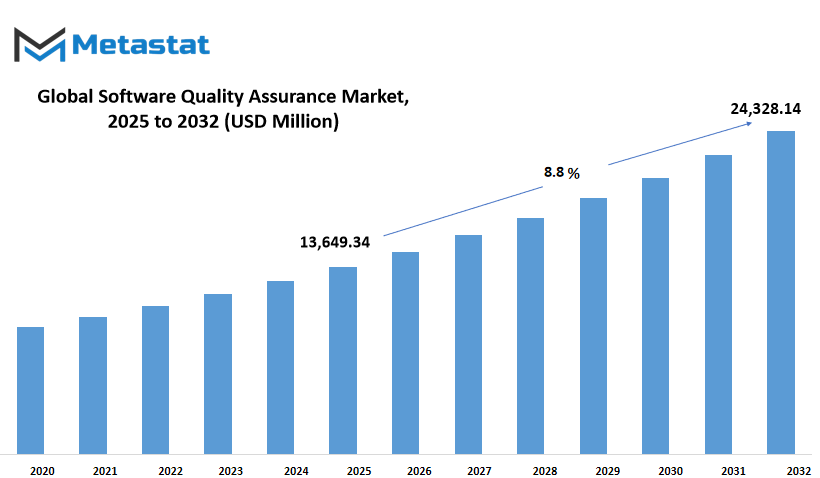
GROWTH FACTORS
The global software quality assurance market is expected to grow steadily as businesses across different industries continue to prioritize the need for applications that function without errors and deliver strong performance. This demand is not just about providing users with smooth experiences; it is also about meeting rising expectations in competitive environments where even small technical issues can lead to negative feedback or loss of customers. As more companies shift toward digital solutions, the importance of having software that performs efficiently and reliably becomes even more critical.
One of the main factors pushing this market forward is the widespread adoption of agile and DevOps methods. These practices focus on faster development cycles, which makes continuous testing an essential part of the process. Companies are no longer waiting until the end of development to test software; they are now embedding testing into every stage. This shift helps in identifying bugs early and fixing them quickly, which saves both time and resources in the long run. As businesses push for faster delivery times without compromising on quality, the global software quality assurance market will continue to see higher demand.
However, there are still some challenges that might slow down the growth of this market. One significant issue is the shortage of skilled professionals in the QA field. Even as tools become more advanced, there is a clear need for people who understand not only how to use them but also how to apply them effectively within the development process. Additionally, as testing tools continue to evolve, staying up-to-date requires constant learning and adaptability, which can be difficult for both individuals and organizations. The cost and time investment needed for thorough quality assurance processes can also be a barrier, especially for smaller companies with limited budgets. Comprehensive testing often requires advanced tools, dedicated teams, and extended timelines, which not every organization can afford.
Looking ahead, there are promising opportunities that could help overcome some of these challenges. The rise of AI-driven test automation is already transforming how testing is done, making it faster and more accurate while reducing the burden on human testers. Similarly, cloud-based QA platforms are allowing teams to scale their testing efforts more easily and collaborate across different locations. These innovations are likely to become more common and sophisticated in the future, making quality assurance more accessible and efficient. As these technologies continue to advance, they will open new doors for businesses to enhance their software without the heavy costs and time investments that traditional methods require. This future-focused development will help the global software quality assurance market expand even further.
MARKET SEGMENTATION
By Deployment
The global software quality assurance market is expected to grow steadily as businesses across different industries continue to depend more on software to run their daily operations. Software today plays a key role in almost every sector, whether it is finance, healthcare, education, or manufacturing. As this dependence increases, the need for reliable software that performs well without errors becomes even more important. Quality assurance is the process that ensures software meets certain standards and functions as it should. Without this step, companies may face failures, losses, and unhappy customers. Because of this, the global software quality assurance market is expected to remain an important part of the technology industry’s future.
One of the factors influencing the future of this market is how the software is deployed. The deployment method will continue to shape how businesses approach quality assurance. Currently, the market is further segmented by deployment into Cloud and On-Premise solutions. Cloud deployment is expected to gain more attention in the coming years. This is because cloud-based systems offer flexibility, scalability, and remote access, which is especially helpful as more companies allow employees to work from different locations. Cloud solutions also help reduce costs linked to maintaining physical infrastructure, making them attractive to businesses of all sizes. In the future, businesses will likely prefer cloud-based quality assurance tools as these tools can update automatically, provide real-time data, and offer faster testing processes.
On the other hand, On-Premise solutions will still have a place, particularly in industries where security is a top priority. Some organizations, especially those dealing with sensitive information, will continue to keep their systems in-house to have more control over their data. These organizations will rely on On-Premise solutions to meet strict internal policies or regulatory requirements. Although this segment might not grow as fast as cloud-based options, it will continue to serve companies with specific security and compliance needs.
Looking ahead, advancements in technology such as artificial intelligence and automation will also influence the global software quality assurance market. These technologies will improve testing processes, reduce human error, and allow faster delivery of software products. Businesses will expect quality assurance solutions that can keep up with fast development cycles and complex systems. Overall, the market will evolve to meet these demands, offering tools that are smarter, more flexible, and aligned with the future needs of businesses around the world.
By Organization
The global software quality assurance market will continue to grow as technology becomes more central to daily life and business operations. In the coming years, businesses of all sizes will need to ensure that the software they create or use works as expected. As companies rely more on digital tools, the need for software that runs smoothly and securely will only increase. This growth will not be limited to one type of company. Both small scale and large scale organizations will play important roles in shaping this market.
Small scale organizations will often seek affordable and flexible solutions to help them maintain the quality of their software without overextending their resources. They will look for services and tools that allow them to test and improve their products without the need for large teams or complicated systems. These companies will contribute to the market by pushing for innovations that make quality assurance more accessible and efficient. In contrast, large scale organizations will demand more advanced and specialized services. They will need solutions that can handle complex systems, large volumes of data, and strict security standards. These businesses will also invest heavily in automation to speed up their processes while maintaining accuracy and consistency.
Looking ahead, the global software quality assurance market will likely see new trends emerge. Artificial intelligence and machine learning will become more common tools for testing and monitoring software. These technologies will help detect problems faster and even predict potential failures before they happen. As a result, companies will save time and reduce costs, making quality assurance an even more important part of their operations.
Another factor shaping the future of this market is the growing importance of cybersecurity. As threats continue to evolve, organizations will need to make sure their software is not only functional but also secure. This will lead to a higher demand for quality assurance professionals who understand both software performance and security.
In the future, the global software quality assurance market will likely be influenced by changes in regulations as well. Governments may introduce stricter rules about the quality and safety of software, especially in areas like healthcare, finance, and transportation. These changes will push companies to take quality assurance more seriously.
Overall, both small scale and large scale organizations will drive the growth of this market. They will shape its future by demanding better tools, more efficient processes, and higher standards. As technology continues to advance, the importance of software quality assurance will only grow stronger
By End Users
The global software quality assurance market will continue to grow as technology becomes more central to how businesses operate and how people live. This growth will be shaped by the rising demand for reliable and secure software across different sectors. Companies and organizations will want to avoid costly errors, security breaches, and system failures, so the need for strong quality assurance methods will increase. Software now plays a vital role in even the most basic business functions, and as such, companies will put more focus on testing and quality processes to make sure their products meet the highest standards.
The global software quality assurance market is split into several key sectors by end users. These include IT, Retail, Telecom, Manufacturing, Consumer Goods, Aerospace, and Defense. Each of these areas will continue to shape the future of this market in different ways. In IT, the need for software that works smoothly with other systems and applications will keep growing. Businesses rely on software not just to manage internal tasks but also to communicate with customers and partners. Errors in these systems can lead to loss of trust, so quality assurance will remain a top priority.
In the retail sector, the rise of online shopping and digital services will push companies to deliver error-free platforms that provide a smooth shopping experience. Shoppers expect websites and apps to work without bugs, and even small problems can turn them away. This means companies will continue to invest in software quality to stay competitive. Telecom companies will need to ensure their systems are reliable as they handle huge volumes of data and millions of users. With the growth of technologies like 5G and cloud services, this need will only increase.
Manufacturing will also play a large part in the global software quality assurance market as factories adopt automation and smart technologies. Software used in this area must work flawlessly to avoid production issues or delays. Consumer goods companies will follow this trend, especially those adding digital features to their products. Finally, the aerospace and defense sectors will maintain strict standards as these industries require absolute precision and security in their systems. Even minor software faults can lead to serious consequences, so quality assurance will always be a crucial part of their operations.
Looking ahead, the global software quality assurance market will continue to expand as industries push for safer, more reliable, and efficient software solutions. This focus on quality will shape how businesses develop and deliver their products well into the future.
|
Forecast Period |
2025-2032 |
|
Market Size in 2025 |
$13,649.34 million |
|
Market Size by 2032 |
$24,328.14 Million |
|
Growth Rate from 2025 to 2032 |
8.8% |
|
Base Year |
2024 |
|
Regions Covered |
North America, Europe, Asia-Pacific Green, South America, Middle East & Africa |
REGIONAL ANALYSIS
The global software quality assurance market is expected to grow steadily in the coming years as technology continues to shape how industries operate worldwide. Software quality assurance plays an important role in ensuring that digital products meet the required standards before reaching end users. It helps organizations maintain customer trust and reduce the risks that come with poorly functioning software. As technology becomes more advanced, businesses are realizing the importance of investing in quality assurance services to ensure their software runs smoothly and efficiently. Companies are moving toward adopting automated testing tools, AI-driven solutions, and continuous testing processes to improve the accuracy and speed of their quality checks.
Looking at the geographical breakdown, the global software quality assurance market is segmented into several key regions. North America holds a significant share, especially due to the presence of leading tech companies in the United States, Canada, and Mexico. The demand in this region will likely continue to grow as businesses in these countries prioritize digital transformation and robust software systems. Europe also shows strong potential, with countries like the UK, Germany, France, and Italy focusing on improving their digital infrastructure. This will contribute to the growing need for effective software quality assurance solutions in this region.
Asia-Pacific stands out as a highly promising region for the global software quality assurance market. Countries such as India, China, Japan, and South Korea are rapidly expanding their technology sectors, with many businesses focusing on software development and innovation. This growth will create more opportunities for software quality assurance providers, as companies aim to deliver reliable products to their customers both locally and globally. The rest of Asia-Pacific will also contribute to this demand as more nations work to strengthen their digital capabilities.
In South America, Brazil and Argentina are leading the charge, supported by the broader region's push towards digital services and software development. This will fuel the need for quality assurance practices to ensure software solutions meet both local and international standards. The Middle East & Africa region, with GCC countries like Saudi Arabia and the UAE, along with Egypt and South Africa, is gradually expanding its digital landscape. These areas are expected to rely more on software quality assurance services as they continue to adopt advanced technologies and digital solutions across various industries.
In the future, the global software quality assurance market will continue to evolve as new technologies and approaches emerge. Organizations across all regions will likely place even greater emphasis on quality, recognizing that reliable software is key to maintaining their competitive edge in an increasingly digital world.
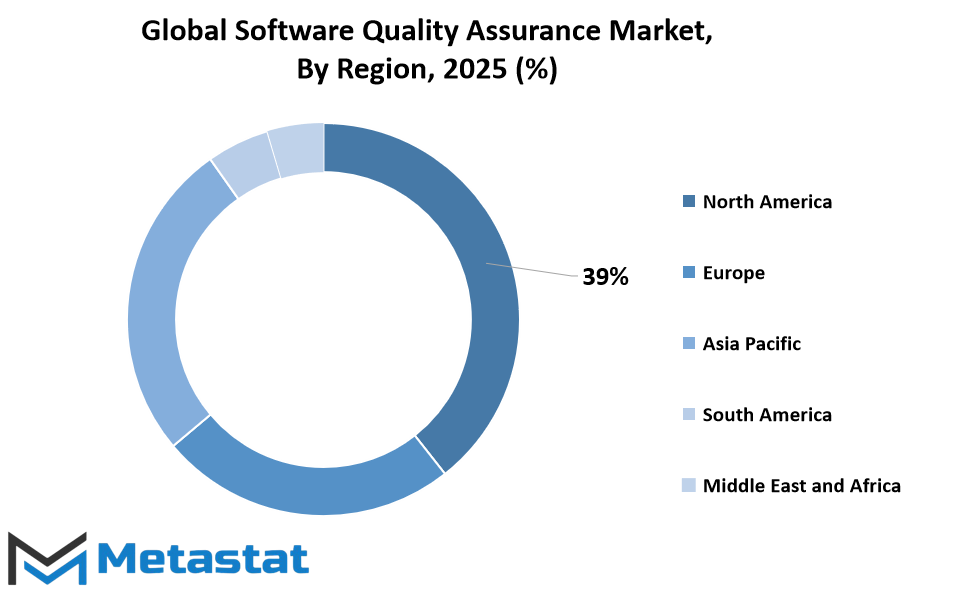
COMPETITIVE PLAYERS
The global software quality assurance market is expected to play an even more important role in the future as technology continues to shape how businesses and people operate. Companies across the world will rely on software more than ever before, and this means the need for reliable, secure, and high-performing software will only grow. Software Quality Assurance, often referred to as SQA, focuses on making sure that software products meet the required standards and perform as expected. Without this process, businesses risk releasing faulty software that could lead to financial loss, data breaches, and damage to their reputation.
Looking ahead, the global software quality assurance market will likely experience steady growth as industries such as healthcare, finance, and retail invest heavily in digital tools. This growing demand will push companies to adopt more advanced testing methods, such as automation and artificial intelligence, to improve the efficiency and accuracy of their quality checks. These technologies will not replace human experts but will work alongside them to speed up processes and catch potential problems earlier. This combination of human expertise and technology will help ensure that software products are safe, reliable, and meet the rising expectations of users.
Several key players are already shaping the future of this market. Companies such as A1QA, Sparta Systems, Microsoft, Digital Dream Forge, Siemens, Performance Lab, Oracle Corporation, Lighthouse Technologies, Cognizant, QA Consultants, and Altexsoft have been at the forefront of developing new solutions and providing services that help businesses achieve better software quality. These organizations will continue to invest in research and development, exploring new ways to tackle emerging challenges like cybersecurity threats and the need for faster product delivery.
The future will also bring more regulations that require companies to prove the quality of their software before it reaches the public. This will make the global software quality assurance market even more valuable, as businesses will turn to trusted providers to help them meet these legal and industry standards. As software becomes a bigger part of everyday life, the expectations for it to work correctly will only increase. Those working in this market will need to stay ahead of trends and keep adapting to new technologies to remain competitive.
In summary, the global software quality assurance market will continue to grow in importance and size. Companies involved in this industry will play a key role in shaping the future of technology by helping ensure that the software people use every day is safe, dependable, and effective.
Software Quality Assurance Market Key Segments:
By Deployment
- Cloud
- On Premise
By Organization
- Small Scale
- Large Scale
By End Users
- IT
- Retail
- Telecom
- Manufacturing
- Consumer goods
- Aerospace
- Defense
Key Global Software Quality Assurance Industry Players
- A1QA
- Sparta Systems
- Microsoft
- Digital Dream Forge
- Siemens
- Performance Lab
- Oracle Corporation
- Lighthouse Technologies
- Cognizant
- QA Consultants
- Altexsoft
WHAT REPORT PROVIDES
- Full in-depth analysis of the parent Industry
- Important changes in market and its dynamics
- Segmentation details of the market
- Former, on-going, and projected market analysis in terms of volume and value
- Assessment of niche industry developments
- Market share analysis
- Key strategies of major players
- Emerging segments and regional growth potential



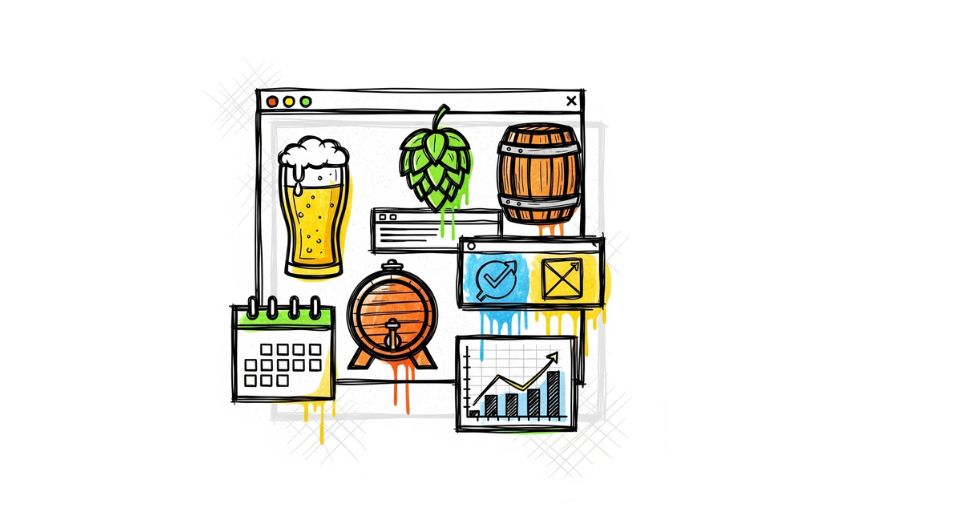
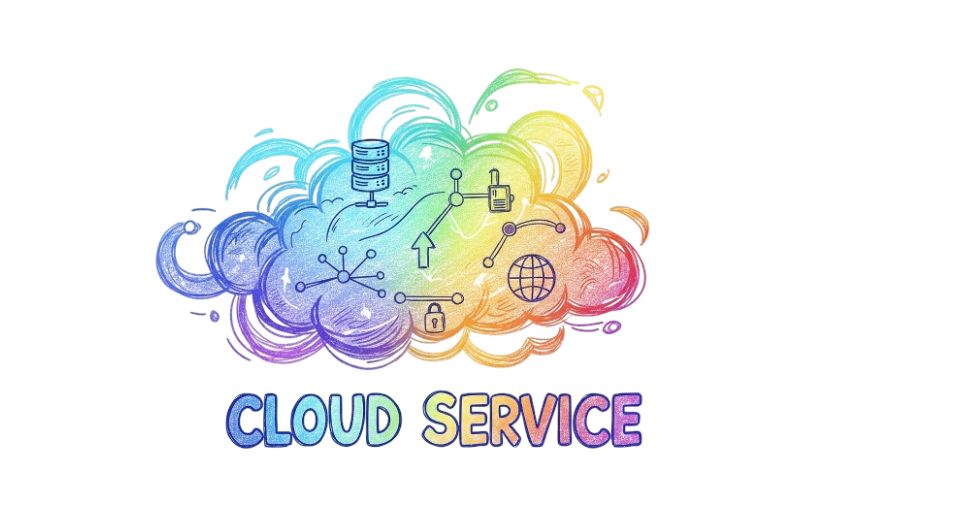
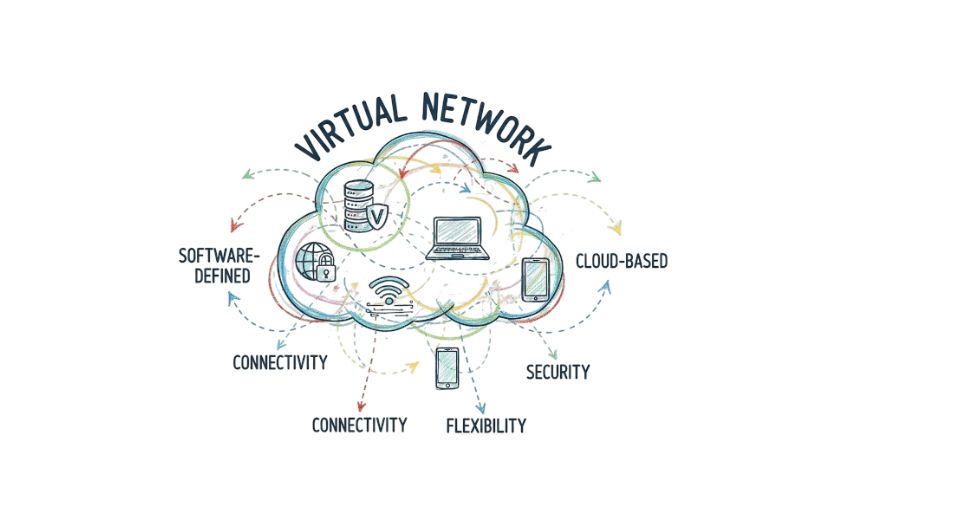


 US: +1 3023308252
US: +1 3023308252






